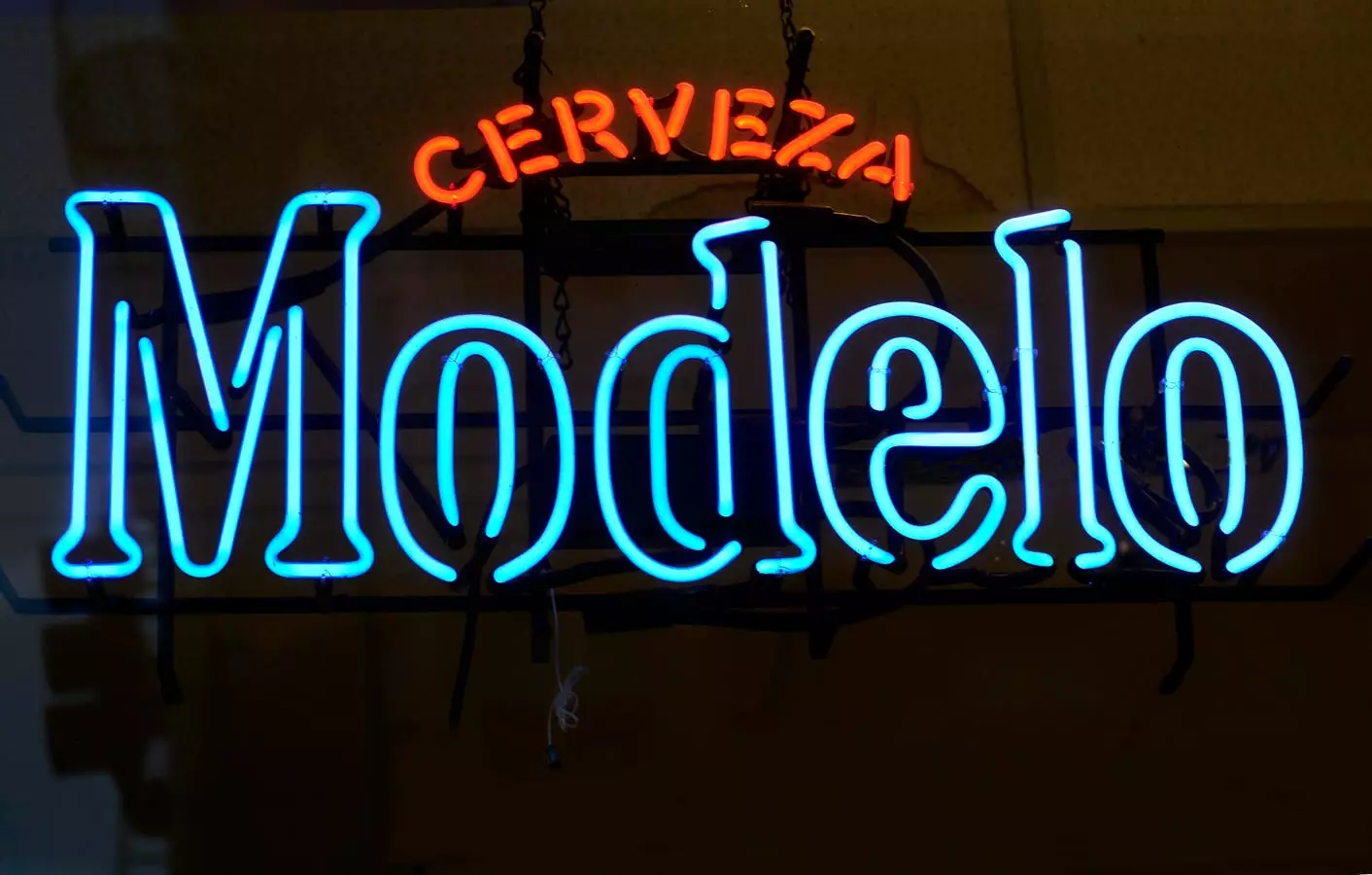Beer consumption is woven deeply into the fabric of American culture, with brands often serving as symbols of identity and lifestyle. In June 2023, a significant shift occurred in the American beer market: Modelo Especial surpassed Bud Light, clinching the title of the best-selling beer in the country. This moment was not merely a fleeting trend; it signaled a larger transformation in consumer preferences that has implications for brands and marketers alike.
The ascent of Modelo Especial and other Mexican beer brands has been remarkable, particularly as Bud Light—once a giant in the industry—saw its sales decline. According to analysts, this change is not solely attributable to the controversy surrounding a misguided marketing campaign involving Dylan Mulvaney, although it certainly hastened the fall of Bud Light. The truth is that Bud Light’s popularity has been waning for years, while the market for import beers, especially those hailing from Mexico, has been steadily expanding.
The appeal of these import brands is deeply rooted in their cultural resonance. As Kate Bernot, a leading analyst at Sightlines, suggests, Mexican beers are perceived as “cooler” and more authentic than their domestic counterparts. Their targeted lifestyle messaging resonates with a broader audience seeking uniqueness in their beverage choices. This trend highlights the importance of authenticity and cultural relevance in marketing, particularly for products that occupy a competitive marketplace.
Bernot further emphasizes the role of the first-generation immigrant population in shaping trends in the food and beverage industry. With Latinos increasingly contributing to the mainstream cultural landscape—seen in the rise of music artists like Bad Bunny and Nathy Peluso—Mexican beers have gained significant cultural cache. The popularity of these brands is not limited to Hispanic consumers; in fact, a recent study shows that 61% of households purchasing Modelo beers are non-Hispanic. This data reveals a crucial paradigm shift: the appeal of these beers transcends ethnic lines, showcasing their universal appeal.
This rise in popularity is also reflected in the data reported by the Beer Institute, which notes an increase in Mexican beer imports to the United States, growing from 61% just a decade ago to a remarkable 81% in 2023. This trend underscores not only the shifting preferences but also the broader cultural acceptance and celebration of Latin American influences.
The success of Modelo and other Mexican beer brands can also be attributed to the unique dynamics of the beer industry, particularly concerning distribution rights. In a surprising twist, Constellation Brands acquired the rights to sell Modelo in the U.S. after AB InBev purchased Grupo Modelo in 2012. While this large corporation possesses substantial marketing power globally, the split allowed Constellation to streamline its branding and distribution strategies effectively.
By aligning with Reyes Beverage Group, the largest beer distributor in the U.S., Constellation has managed to leverage its position to create a powerful distribution network for its brands. Bernot likens this to “pouring gasoline on a fire,” as the organic demand for these beers is met with aggressive marketing and distribution tactics.
For AB InBev, the inability to reclaim its market share highlights the challenges that established brands face when responding to shifting consumer preferences. Despite attempts to counter the rise of Mexican imports—such as the introduction of Bud Light Lime—the 100 years of marketing associated with Bud Light is not easily shed. Brands need to continuously adapt to the cultural zeitgeist, understanding that successful marketing is no longer about appealing to the lowest common denominator but instead about creating authentic connections with consumers.
The landscape is ever-evolving, and the implications for market players are profound. With the growing influence of non-traditional beer sources and the increasing demand for authentic experiences, established brands must pivot and innovate if they wish to remain relevant.
The ascent of Modelo Especial and its Mexican counterparts in the U.S. beer market is a clear indication of changing consumer tastes and broader cultural shifts. As brands navigate this complex landscape, the lessons learned from Modelo’s success serve as vital reminders: authenticity, cultural resonance, and targeted marketing will be crucial for any brand wishing to thrive in an increasingly competitive arena. The rise of Mexican beers is not just a fad; it is a reflection of a larger cultural phenomenon that challenges conventional notions of what it means to be an “American” beer. The future of the industry will likely see more brands embracing this reality, as they look to captivate a diverse and evolving consumer base.

